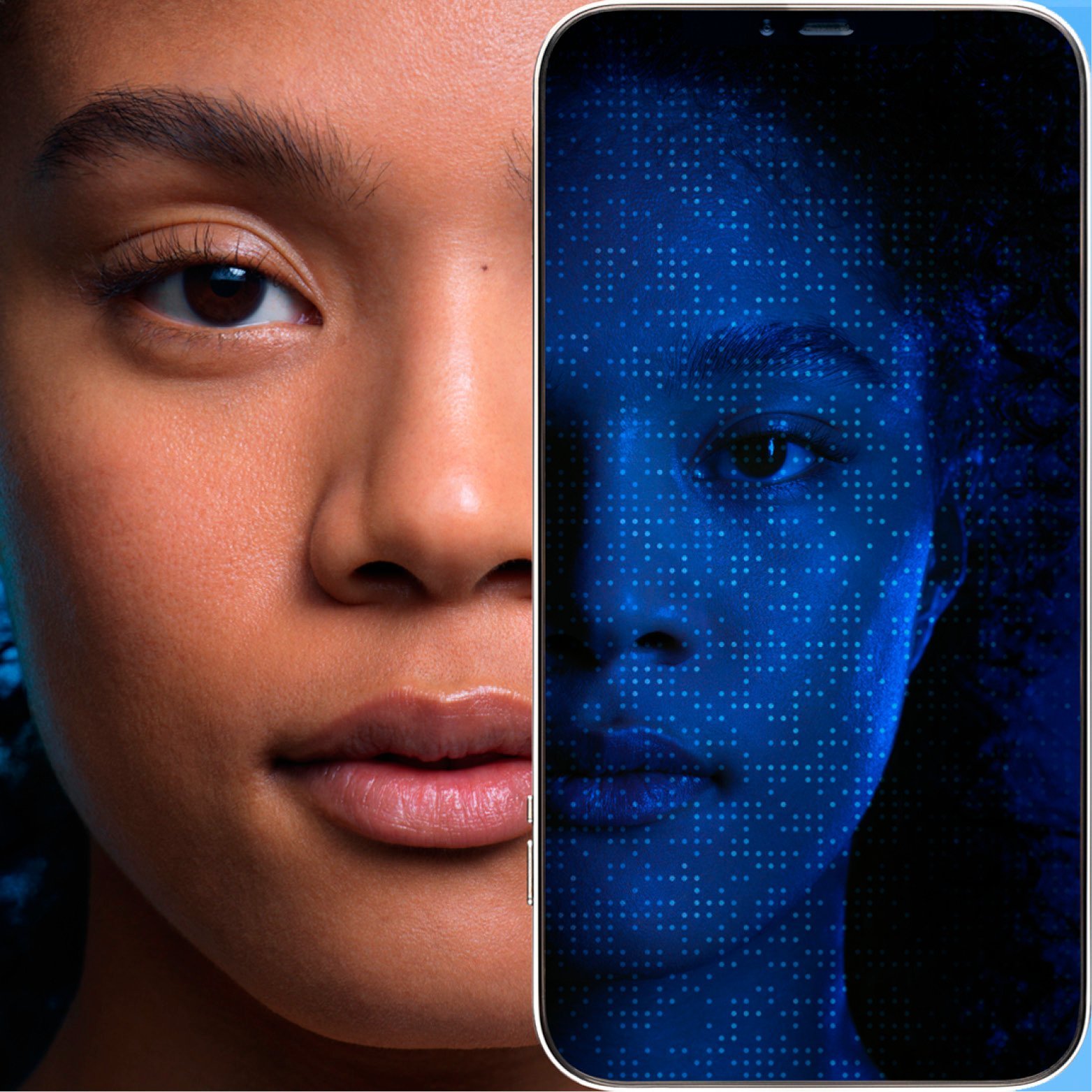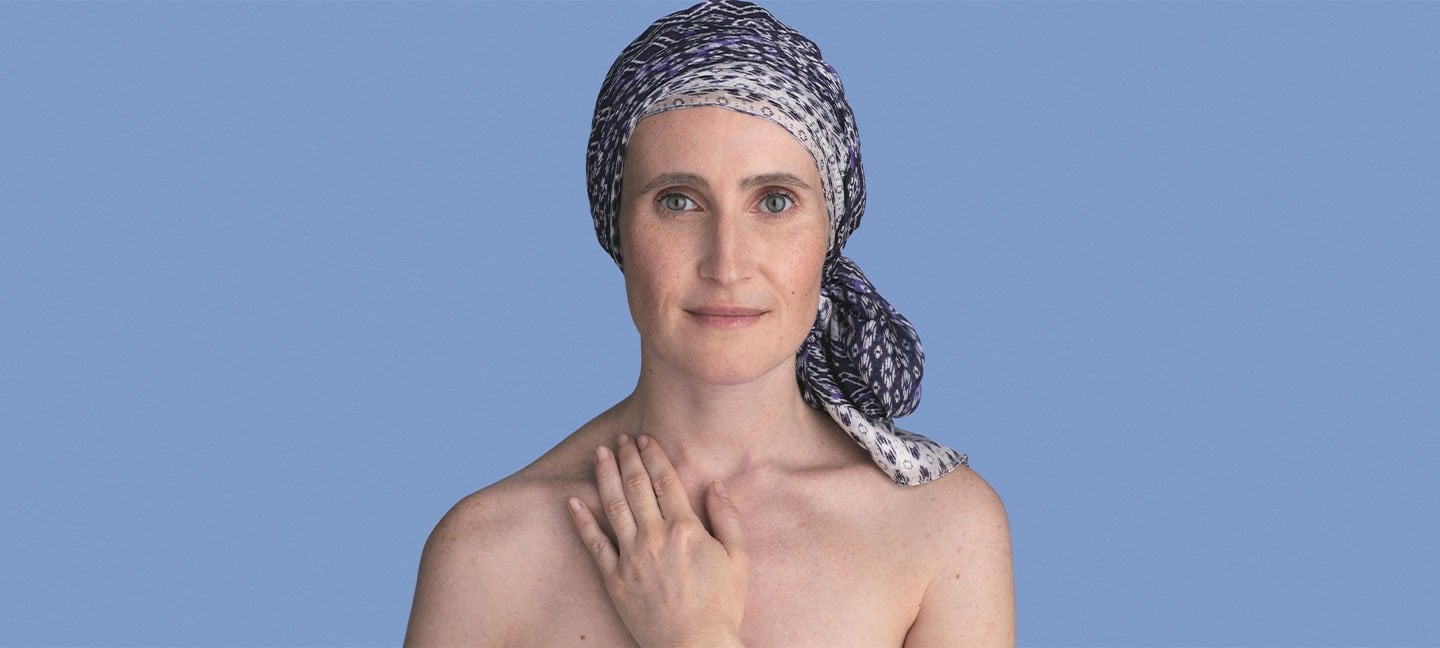What not to do when exfoliating
ACNE PRONE SKIN
Over exfoliating is a common problem. We’ve all been guilty of scrubbing our face a bit harder, or more frequently than necessary in the belief that we’re cleaning our skin more thoroughly.
Wrong. So very wrong!
Far from helping our skin out, over exfoliating will lead to skin drying out and becoming uncomfortable, red, and sore. If you do find your skin becoming overly dry, cut back on the amount of times you exfoliate immediately, ease back into it, and be gentle.
Being gentle is also an important rule that those with acne-prone skin should stick to.
As you’re probably aware if you have acne-prone skin, treating your skin abrasively could tear blemishes, increase sensitivity, or even increase inflammation. Avoid exfoliants with beads if you have sensitive or easily irritated skin, instead opt for a lotion or cleanser and use a soft exfoliating mitt. Scrubs that incorporate exfoliating beads should be avoided as these are far too abrasive for acne-prone or sensitive skin…
CHOOSING THE RIGHT EXFOLIANT
FOR ACNE PRONE SKIN
Instead of a scrub use Effaclar Astringent Lotion which contains micro-exfoliants which will not irritate sensitive skin. The lotion is particularly good for those with acne-prone skin as it contains LHA’s which work in a similar way to salicylic acid by exfoliating and removing bacteria from pores.
The keratolytic action that the acid has speeds up cell renewal and aids in the process of getting rid of dead skin cells.
Another exfoliant that is adept in speeding up cell renewal is Retinol. Retinol, which is an active ingredient in La Roche Posay's Redermic range, promotes new cell production and can help stimulate cellular turnover from its deeper layers upwards. The resulting effect of all this is that dead skin cells shed, and are replaced with brand new ones.
WHAT PRODUCTS SHOULD I BE USING
AFTER EXFOLIATING?
It’s important to moisturise your acne-prone skin after exfoliating. The process of exfoliating can be incredibly drying to your skin, which could lead to excess sebum being produced to compensate for this. Using a moisturiser is a great way to re-hydrate your skin post-exfoliating.
Follow up exfoliating with Effaclar DUO [+]. The formula ensures skin is moisturised, without the unfavourable shiny and greasy side effects of some moisturisers. Effaclar DUO [+] also works to solve blemish problems by unclogging pores and refining the texture of acne-prone skin. Exfoliating properly really is that easy!
Click HERE to learn how to cleanse an acne-prone skin









